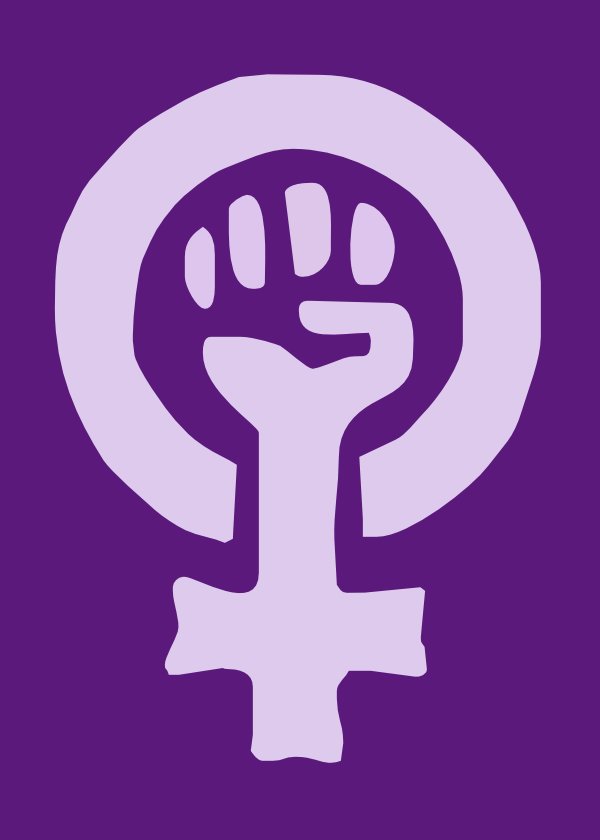On 29 January, AWARE submitted its fourth annual set of recommendations for the national budget, emphasising the issues of: 1) poverty and income inequality, 2) support for caregivers, 3) healthcare financing in Singapore, and 4) transparency and inclusiveness in the budget process.
 With the announcement of the Budget today, we welcome the government’s recognition that many in Singapore face severe difficulty making ends meet, especially in relation to healthcare costs. We were heartened to see Minster Shanmugaratnam’s speech foreground income inequality and lack of social mobility, and to emphasise that we must “avoid permanent tiers” in society. The Minister’s remarks about the need to change workplace cultures and social norms to empower employees were also very timely.
With the announcement of the Budget today, we welcome the government’s recognition that many in Singapore face severe difficulty making ends meet, especially in relation to healthcare costs. We were heartened to see Minster Shanmugaratnam’s speech foreground income inequality and lack of social mobility, and to emphasise that we must “avoid permanent tiers” in society. The Minister’s remarks about the need to change workplace cultures and social norms to empower employees were also very timely.
At the same time, we continue to have questions and concerns about how these important issues will be addressed. Our comments on the Budget announcement fall under five main headings:
Support for caregivers and caregiving
In our pre-Budget recommendations, AWARE called for caregiving to be recognised as a public good. The provision of financial benefits to caregivers for elderly and disabled dependents appears to be a step in this direction. However, the use of income tax relief to compensate caregivers is regressive, as only those with higher incomes are subject to income tax and therefore in a position to benefit. Many caregivers may not be in formal employment at all, especially stay-at-home mothers, and thus will derive no advantage from this. We call upon the state to reward caregiving through direct contributions, not tax relief, for instance through payments into CPF.
If the government wishes to support shifts in workplace culture to improve productivity, it would do well to prioritise the issue of combining workforce participation with caregiving, which disproportionately disadvantages women in Singapore. The Minister enumerated generous subsidies available to companies looking to upgrade their ICT infrastructure, but mentioned no similar support for encouraging flexible work or otherwise transforming employment to facilitate caregiving. For instance, if SMEs are to be housed together to benefit from sharing facilities, the government could consider funding the inclusion of workplace crèches at these facilities.
Distribution of risk and burden of healthcare financing
AWARE has previously highlighted the particular burden that healthcare costs place upon older women. We are therefore heartened to note that the Pioneer Generation Package will help to alleviate some of the difficulties faced by this demographic. Moreover, we are pleased to learn that Medishield Life will cover pre-existing conditions – a step forward from their previous exclusion. However, because the Pioneer Generation is expressly positioned as a “unique”, one-off measure, it raises concerns about whether there will be sustainable provision for the needs of subsequent generations.
We had hoped to hear more explicit consideration of how the risk and burden of healthcare financing will be shared as between individuals and their families on the one hand, and the state on the other, in relation to the whole population and not only those included within the Pioneer Generation. We welcome the government’s statement that subsidies will be available on premiums in the future and eagerly await further details.
We also note that the Pioneer Generation Package, unlike many other forms of state support, is not means tested by family. We are interested to see if this heralds further departures from the means-testing model used by the Ministry of Health.
The role of employment in social support
The Minister described jobs as the most important safety net and emphasised the “upgrading” of workers, with the generous boost given to the Lifelong Learning Endowment Fund. Both job creation and the opportunities for workers to acquire skills are vital.
AWARE recommends that social support be decoupled from employment, employability or skill level, as there may be many members of society who are not in a position to obtain formal or skilled employment, whose basic needs in everyday life must also be met. We also note the Minister’s enthusiasm for various cost-cutting measures by employers which involve lowering labour costs through automation, and have some concern about the resulting impact on the workers who are affected by these measures.
Social mobility and disadvantages experienced by children
We welcome the Minister’s proclamation that children should not inherit disadvantage, and welcome the statement of greater government support for more affordable kindergarten places and the provision of education to a tertiary level. However, as we noted in our pre-Budget recommendations, there are numerous ways in which current policies penalise children based on the employment, family structures or other choices of their parents. For instance, access to public housing, maternity leave entitlements and childcare entitlements are tied to the marital status of parents, with negative consequences for social equality as between children of different parents.
Transparency in the Budget process
In his speech, the Minister discussed many forthcoming initiatives and alluded, with varying levels of detail, to measures from previous years. In keeping with our earlier calls for greater transparency in the Budget process, we urge the government to introduce a system of consistently, publicly and comprehensively reporting on the utilisation and efficacy of the government initiatives discussed in each Budget.
You can read AWARE’s recommendations for the Budget 2014 here.
![]() This poster hasn’t appeared in a vacuum. It’s part of a culture that ubiquitously encourages everyone to see women as existing to be “checked out” (to use your phrase) in every setting, for the pleasure of heterosexual men, regardless of how we feel about it. Sometimes this “checking out” is the precursor to sexual harassment – unwanted advances, which persist even after women make a lack of interest clear, or touching without consent. In some cases it leads to more serious sexual violence.
This poster hasn’t appeared in a vacuum. It’s part of a culture that ubiquitously encourages everyone to see women as existing to be “checked out” (to use your phrase) in every setting, for the pleasure of heterosexual men, regardless of how we feel about it. Sometimes this “checking out” is the precursor to sexual harassment – unwanted advances, which persist even after women make a lack of interest clear, or touching without consent. In some cases it leads to more serious sexual violence.






 The proposed anti-harassment legislation announced today reflects the government’s increased awareness that sexual harassment and stalking are serious problems. AWARE regularly assists victims who experience severe harm when their lives are disrupted by such conduct. We welcome the decision to strengthen the civil legal remedies available to them, as well as the explicit recognition that stalking and harassment may include online and/or extra-territorial behaviour.
The proposed anti-harassment legislation announced today reflects the government’s increased awareness that sexual harassment and stalking are serious problems. AWARE regularly assists victims who experience severe harm when their lives are disrupted by such conduct. We welcome the decision to strengthen the civil legal remedies available to them, as well as the explicit recognition that stalking and harassment may include online and/or extra-territorial behaviour.



